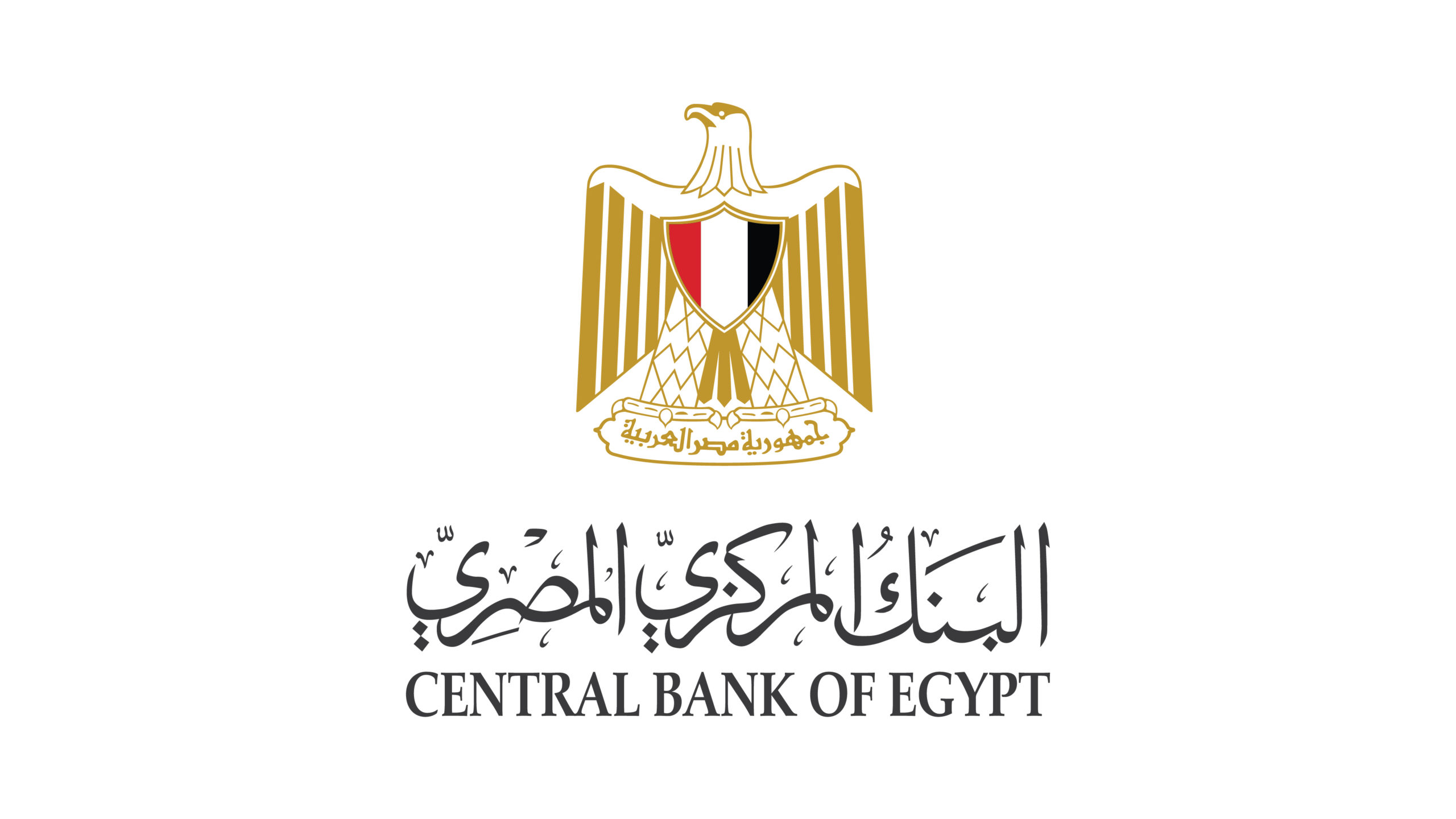Despite the spread of coronavirus, excavations are continuing in Egypt through illegal means by people seeking to get rich quickly. Over the past months, the effects of the corona pandemic and its role in the decline in economic conditions and cutting off the livelihoods of many day labourers has led them to search for monuments hoping to find valuable pieces that can be sold.
Excavations increase
From early March until the end of November 2020, the Egyptian Ministry of Interior filed more than 8,960 warrants for the excavation of illegal monuments in Upper Egypt, compared with 4,115 warrants in 2019. The ministry confirmed it received daily reports of illegal excavations in Upper Egypt especially in areas close to archaeological sites. The ministry, since the beginning of March, has filled dozens of warrants against people accused of the illegal excavation of antiquities. Such warrants led to significant archeological finds. A few days ago, the Antiquities Police in Minya governorate arrested three people accused of having 45 artifacts in their possession for trafficking. The pieces included statues and wooden faces. Another warrant was filed against seven people accused of excavating inside a house in Ain-Shams in eastern Cairo.
The detectives of Cairo Security Directorate succeeded in seizing several statues, which are suspected of being antiques, from a gang of four people in the Nozha neighbourhood. They also arrested a housewife and an unemployed person in the al-Khalifa area, while they were excavating for antiquities inside a building. In Suez Governorate a report was filed against the owner of a house and seven others during the excavation of antiquities. They discovered what was going on after the body of one of them was thrown onto the Suez-Cairo road after he was killed during the work.
In Sohag Governorate in Upper Egypt the Tourism and Antiquities Police arrested four people while they were digging and excavating for antiquities inside a house in the Maragha Centre district, and it was found that they had found a granite wall panel with Pharaonic inscriptions on it and 18 artifacts. In Alexandria governorate, a warrant was filed against eight people during the excavation of antiquities in one of their houses. A pottery vessel was seized.
Economic conditions
In a press statement, a security official confirmed that “the demobilisation of thousands of workers in the tourism sector and seasonal employment due to the coronavirus crisis has caused an increase in attempts at the illegal excavation of antiquities, according to the numbers of records released by the Ministry of Interior since the emergence of COVID-19.” The official explained that “the seekers of the illegal excavation of antiquities have an obsession with searching for quick wealth, and quackery and sorcery play a great role in persuading victims to dig under their old houses. Most of the digging operations inside old houses result in dozens of victims, especially as it causes the collapse of these houses and their neighbouring houses due to the deep and careless digging by the miners.”
Major General Adel Abdel Aziz, former assistant minister of interior for the south, stated to Xinhua News Agency, “The general indicators show that the outbreak of coronavirus inside Egypt has contributed a large share to the increase of excavations in Upper Egypt governorates, after the dismissal of thousands in the tourism industry.” He added: “The statistics of the Ministry of Interior confirm that there were 3,364 excavation cases during the month of August 2020 only.”
Abdel-Azim believes that “security solutions alone are not sufficient to confront this phenomenon, because there is a conviction among the Egyptian community that excavation for antiquities is not a crime.” He called for “the need to change the religious discourse in light of the fatwas of the extremist Salafi currents, which consider it permissible to use archaeological tombs as long as they fall under the ownership of the landowner.” Also, he emphasised at the same time that “there is coordination between the Ministry of the Interior and the International Interpol to recover the stolen and smuggled antiquities that came out fo Egypt by illegal means.”
Abdel Hakim Al Sagheer, Director of the Antiquities Zone of Dendara in Qena Governorate in Upper Egypt, revealed that “the lockdown of the archaeological areas during the coronavirus crisis encouraged some residents in nearby areas to illegally excavate antiquities under their houses late at night.”









